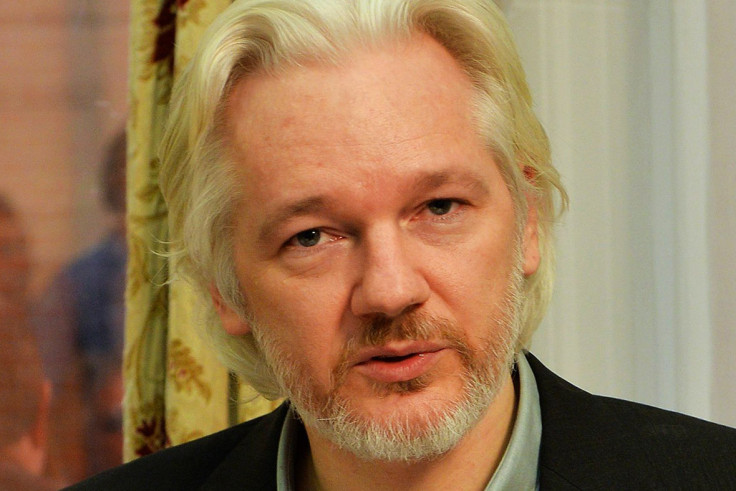WikiLeaks claims first batch of stolen CIA documents 'less than 1%' of total release
The leak reportedly consisted of exploits used to infect iOS and Android devices.
The initial leak of alleged Central Intelligence Agency (CIA) documents, over 8,000 files detailing a series of oddly-named hacking tools, was a mere fraction of the total amount obtained by WikiLeaks, the Julian Assange-led organisation has claimed.
On 8 March, roughly 24 hours after the initial leak was dropped into the wild, the website's official Twitter account asserted that it was "less than 1%" of its overall collection of documents pilfered from inside the secretive spy agency's cyber unit.
WikiLeaks said the first batch from the leak – called "Vault 7 Year Zero" – contained millions of lines of computer code showing cyberattack powers of US spies. It included malware and "zero day" exploits used to target devices running iOS and Android operating systems, WikiLeaks said.
While the identity of the leaker remains unknown, WikiLeaks indicated the individual was a US government-linked hacker. It said the motivation of the culprit was to ensure the CIA's hacking abilities and oversight regime received proper debate in a public forum.
Many critics of WikiLeaks believe the timing of the release was suspicious, arguing that it was simply yet another effort to damage US national security. Michael Hayden, a former CIA director, has slammed the organisation for not focusing on "totalitarian regimes".
According to a US intelligence officer who spoke to Buzzfeed News, the scope of the leak could be a bigger than Edward Snowden's revelations in 2013, which exposed a vast surveillance apparatus used by spy agencies to spy on phonecalls, text messages and web browsing.
"It's like handing our biggest cyber-guns over to anyone with an internet connection," the anonymous source claimed.

"This is, if you look at the big picture, worse than Snowden. What he released led to big headlines and put a few lives in danger. What we have here could potentially put thousands of people in danger in countries around the world."
Snowden, commenting on the leaked data via Twitter, said the leak appeared genuine and criticised the US government for hoarding computer vulnerabilities, a process he claimed could leave innocent internet used at risk of hacking.
"The CIA reports show the USG developing vulnerabilities in US products, then intentionally keeping the holes open. Reckless beyond words," he wrote. "Why is this dangerous? Because until closed, any hacker can use the security hole the CIA left open to break into any iPhone in the world."
Last year, WikiLeaks dominated headlines, especially in the US, after getting embroiled in a political scandal by releasing nearly 20,000 internal emails from the Democratic National Committee (DNC). The US government accused the website of having close Kremlin ties.
Evidence mounts showing CIA & FBI knew about catastrophic weaknesses in the most-used smartphones in America, but kept them open -- to spy. https://t.co/mDyVred3H8
— Edward Snowden (@Snowden) March 7, 2017
© Copyright IBTimes 2025. All rights reserved.






















